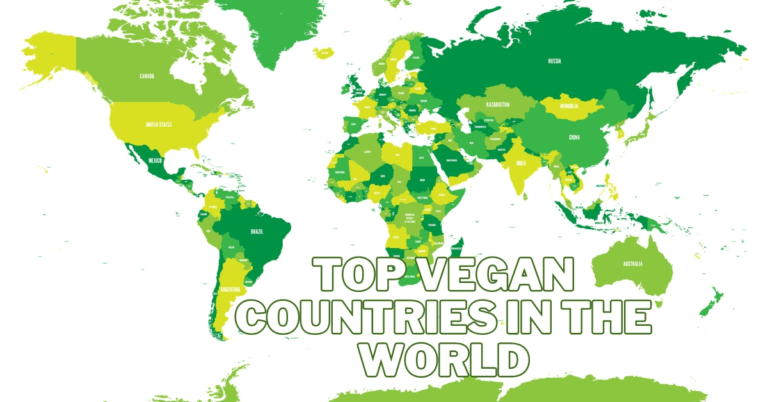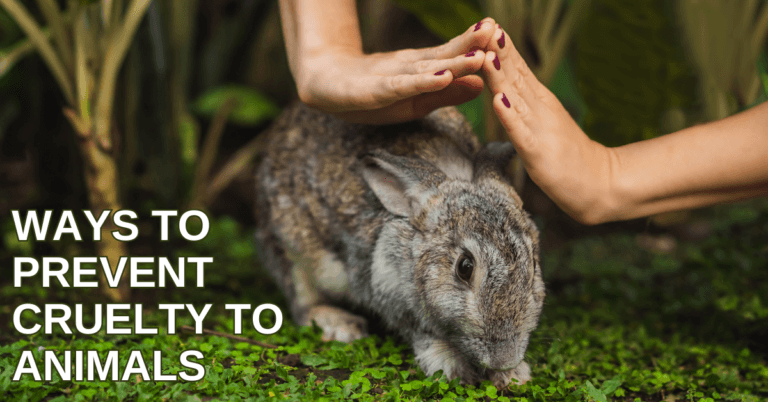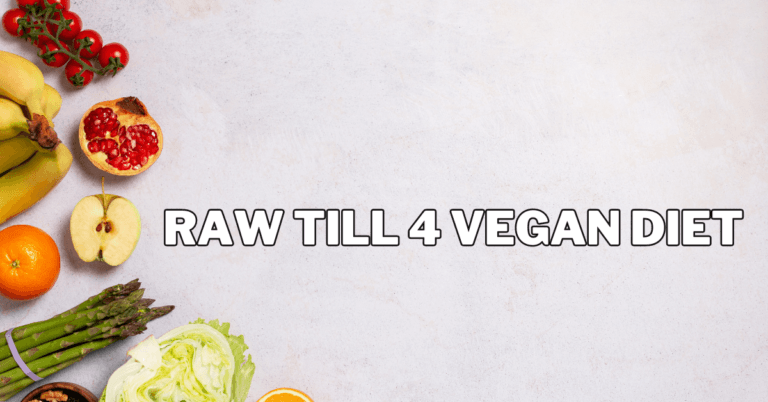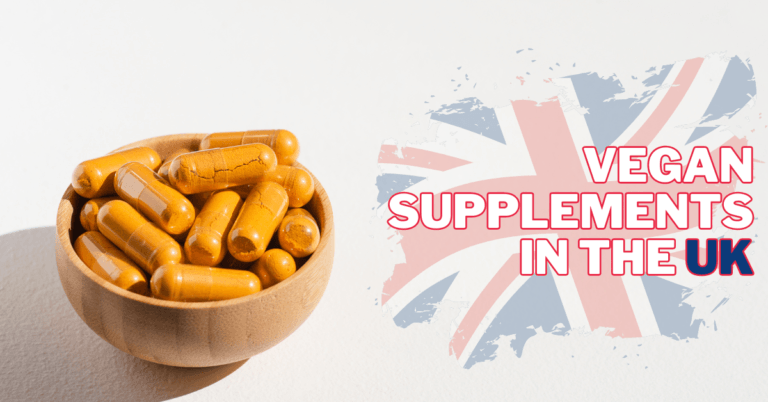Top Vegan Countries In The World
Top Vegan Countries In The World In a world increasingly embracing plant-based lifestyles, the quest for Top Vegan Countries in the World has become a delightful adventure for herbivores and food enthusiasts alike. These leading vegan nations are notable for being refuges where plant-based food thrives and offers a mouthwatering variety of culinary treats to…










